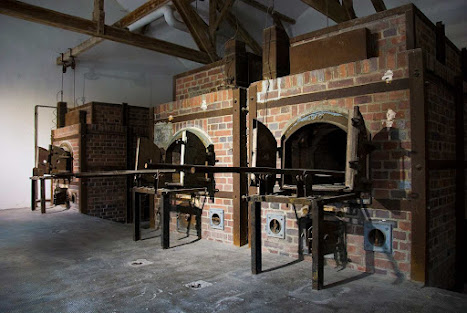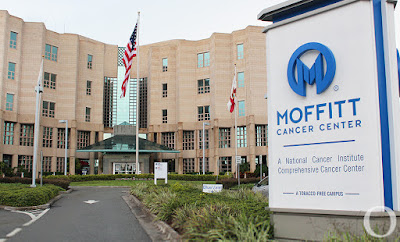This afternoon, while searching through my messy, unorganized bookcases for a particular book, I came across another, a book I bought and read many years ago. I recall spotting it on a shelf in a used bookstore and being intrigued by its unusual title, Noor-un-nisa Inayat Kahn (Madeline). After flipping through its pages, I bought the book for just a couple of dollars. But once I began reading, I couldn't put it down and finally finished it late that evening.
Life and death, beginnings and endings -- every ending, every death, brings a new beginning, new life. How did Jesus put it?
I was captivated by the subject of this true story about a remarkably brave young woman. It was the story of Noor Inayat Khan, an Indian-born, Sufi Muslim who volunteered as an undercover agent for the British Special Operations Executive during World War Two. In June of 1943 she was flown to a secret landing site in France. For the next four months she worked with the French resistance radioing critical information back to London. While in Paris, she was betrayed to the Germans and captured in October 1943. She underwent a month of vicious interrogation during which she revealed nothing. Labeled an "extremely dangerous prisoner," she was sent to Germany where she was imprisoned for months in solitary confinement with her hands and feet shackled. Eventually Noor was sent to Dachau and summarily executed along with three other female undercover agents captured by the Germans: Yolande Beekman, Elaine Plewman and Madeleine Damerment. Their bodies were burned in the camp's crematorium.
Dachau Crematorium
It was then I discovered that all four women were executed on the day I was born, September 13, 1944. I found this particularly moving since I had actually visited Dachau with my family in the winter of 1951, not that many years after their deaths. Although I was just seven years old at the time, that visit made a lasting impression on me, especially the crematoria. Now, 78 years after their deaths, I find myself celebrating a birthday while at the same time thanking God for Noor Inayat Kahn are her three courageous, freedom-loving companions whose lives ended just as mine was beginning.
Life and death, beginnings and endings -- every ending, every death, brings a new beginning, new life. How did Jesus put it?
“Truly, truly, I say to you, unless a grain of wheat falls into the earth and dies, it remains alone; but if it dies, it bears much fruit. He who loves his life loses it, and he who hates his life in this world will keep it for eternal life” [Jn 12:24-25].
When I once related this story to a friend, who lives a rather closed version of Christianity, he stated it was too bad the Kahn woman was a Muslim because she could never be saved. I, of course, disagreed and chastised him for assuming he could tell God to whom He could extend His mercy. Before he could respond I just quoted Jesus:
"Greater love has no man than this, that a man lay down his life for his friends” [Jn 15:13].
Though these four women never knew me, I think of myself as one of their friends. I pray for the souls of these wonderful women every day and especially on this day when so many wish me a "Happy Birthday." For them, we pray, it was a happy day of new birth.












